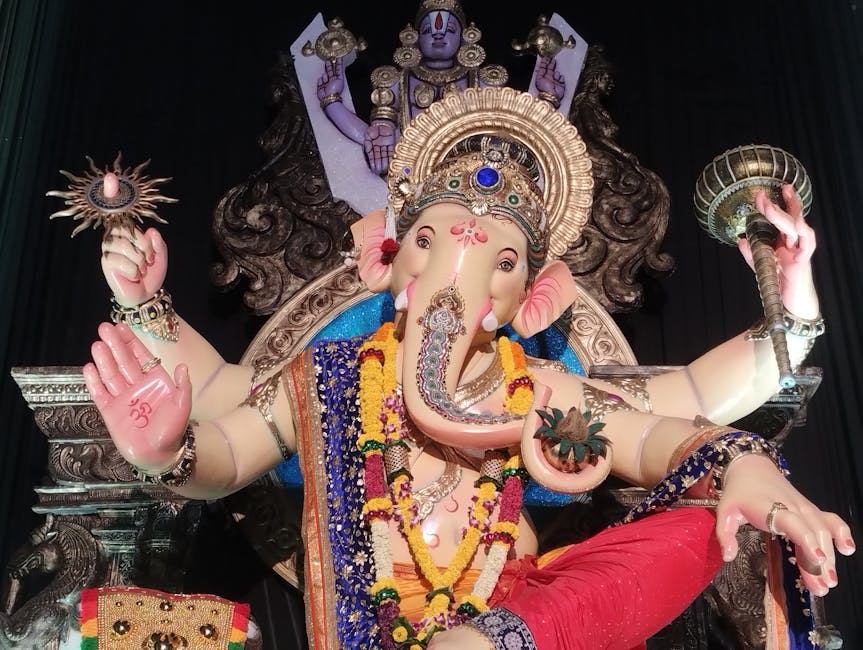As India gears up for the festive season, with Dhanteras and Diwali just around the corner, one of the country’s most prominent jewellery brands, Malabar Gold & Diamonds, finds itself at the center of controversy. Calls for a boycott of the brand have been gaining traction on social media, with many consumers accusing the company of unethical business practices and alleged exploitation of workers. This backlash comes at a critical time for the jewellery industry, which typically sees a surge in sales during the festive period.
The Spark Behind the Boycott
The boycott calls began after a series of allegations surfaced on social media, accusing Malabar Gold of unfair labor practices, including underpayment and poor working conditions for its employees. Several former employees and industry insiders have come forward with claims of long working hours, inadequate wages, and a lack of basic employee benefits. These allegations have struck a chord with many Indians, who view Diwali as a time for fairness, prosperity, and ethical conduct.
Adding fuel to the fire, some users have also accused the company of overpricing its products and engaging in exploitative marketing tactics. Social media platforms like Twitter, Instagram, and Facebook have been flooded with hashtags such as #BoycottMalabarGold and #EthicalDiwali, with users urging others to opt for local or smaller jewellers instead.
The Timing Couldn’t Be Worse
The timing of this controversy is particularly damaging for Malabar Gold, as Dhanteras and Diwali are among the most significant occasions for gold and jewellery purchases in India. Dhanteras, celebrated two days before Diwali, is considered an auspicious day for buying gold, silver, and other valuables. For jewellers, this period accounts for a substantial portion of their annual revenue.
Malabar Gold, which has a vast network of stores across India and internationally, has been a go-to destination for festive shoppers. However, the boycott calls threaten to disrupt its sales during this crucial period. Industry experts suggest that the controversy could lead to a significant dip in footfall, especially among younger, socially conscious consumers who are increasingly prioritizing ethical considerations in their purchasing decisions.
Malabar Gold’s Response
In response to the backlash, Malabar Gold has issued a statement denying the allegations and reaffirming its commitment to fair labor practices and ethical business conduct. The company stated that it adheres to all labor laws and regulations and provides its employees with competitive wages and benefits.
“We take these allegations very seriously and are committed to ensuring the well-being of our employees. Malabar Gold has always stood for transparency, integrity, and ethical practices. We urge our customers and stakeholders to verify the facts before jumping to conclusions,” the statement read.
The company has also announced an internal audit to address the concerns raised and ensure compliance with labor standards. However, whether this will be enough to quell the growing discontent remains to be seen.
A Broader Conversation on Ethical Consumerism
The controversy surrounding Malabar Gold highlights a broader shift in consumer behavior, particularly among millennials and Gen Z shoppers. Increasingly, consumers are demanding transparency and ethical practices from the brands they support. This trend is particularly evident in industries like jewellery, where issues such as sourcing, labor conditions, and environmental impact are coming under scrutiny.
For Malabar Gold, the challenge now is not just to address the immediate backlash but also to rebuild trust with its customers. The company’s reputation, built over decades, is at stake, and its response to this crisis will likely have long-term implications for its brand image.
The Road Ahead
As the festive season unfolds, all eyes will be on Malabar Gold to see how it navigates this crisis. For consumers, the controversy serves as a reminder to make informed choices and support businesses that align with their values. Whether the boycott gains momentum or fizzles out, one thing is clear: the demand for ethical and responsible business practices is here to stay.
This Diwali, the choice between tradition and ethics has never been more pronounced. For Malabar Gold, the festival of lights may prove to be a turning point in its journey.




